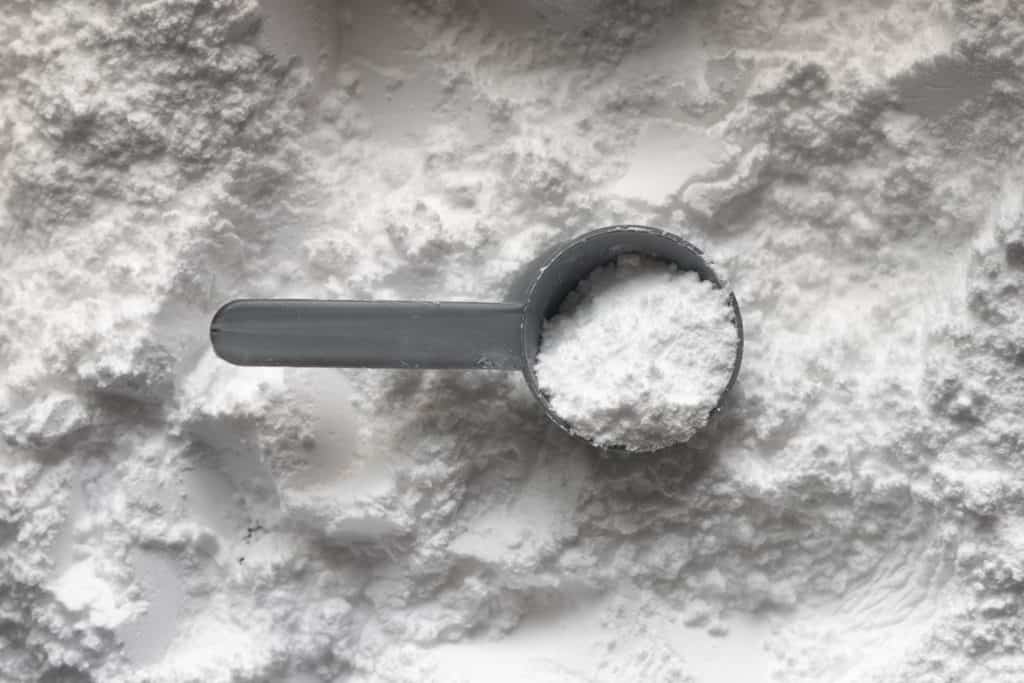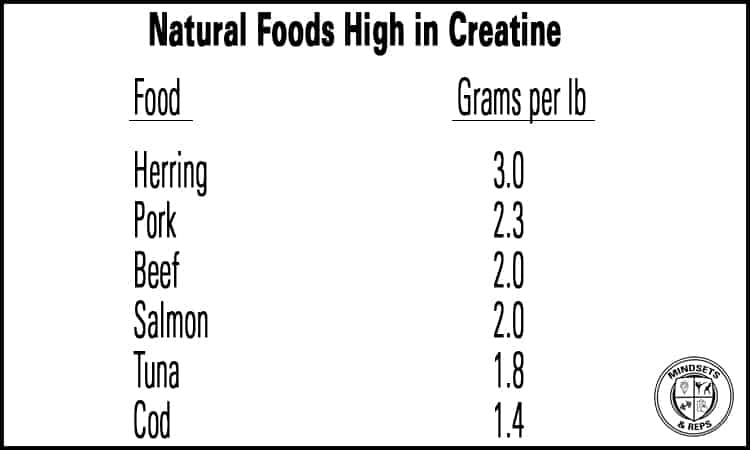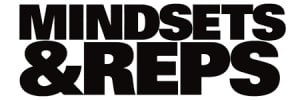
Creatine is one of the most widely consumed dietary supplements among bodybuilders, athletes, and even the general public. In a supplement world where dramatic and overblown claims are commonplace, creatine has been proven to enhance performance. New research even indicates in may have cognitive benefit.
Still, some people want to maintain their integrity and do things the “right” way. It’s their prerogative as to what the right way is, but in this instance we are talking about the use of anabolic steroids and other performance enhancing drugs.
People unfamiliar with supplements may wonder if taking creatine does not make you a natural lifter anymore. The reason it is up for debate is because of the overwhelmingly positive research behind it. Since creatine is so effective, is it considered cheating?
Creatine is deemed to be completely natural in the bodybuilding and athletics space. It is a legal substance in all major testing organizations like WADA and USADA. It is even found naturally in certain foods like fish and red meat.
Many people are unaware of creatine’s natural inclusion in everyday foods like steak, salmon, and pork. While much of it is lost in the cooking process, it still goes to show that it is a natural compound. Even if you consume high quantities of foods that contain creatine, you will likely still have to supplement to fully saturate muscles.

Creatine is also made by the body, mainly the liver. While most consider creatine to be a molecule which just stores water in muscle (which is beneficial in of itself), it does much more than that.
Creatine acts as a rapid energy source for intense, short burst exercise. This is why it has reliably been shown to increase strength. It is particularly useful in heavy lifting and anaerobic exercise like sprinting and team sports.
Due to its application, some may think creatine is strictly for men. However, women can derive just as great a benefit from supplementing with creatine.
Regarding supplements as a whole, it is rare to find any over the counter supplement that is not considered natural. Yes, supplements are not officially regulated and there could be some illegal compounds in there. But if you assume the label is 100% accurate, you likely won’t find illegal anabolics listed on any product.
There was a time 10-20 years ago where supplement companies would be more willing to push the envelope regarding legality and ingredients. However, many people are unaware that while supplements are not FDA approved, they still have to follow the FDA’s rulebook.
As a result, they are less likely to formulate supplements with new ingredients that are in the gray area of natural vs. unnatural. Imagine putting all that work and money into formulation, marketing, and stocking store shelves only for it to be pulled months later.
This has led to criticism within the industry, citing a lack of creativity with new supplements. They believe that every new pre workout or recovery product is just a copycat from industry leaders. Creatine is a staple in many of these products due to its effectiveness, but some consumers question if anything new will ever be on the horizon.
What is Considered Natural in Bodybuilding
Many buzzwords are thrown around in the fitness world, some of which are arbitrary and lack a clear definition. The idea of claiming natural, or natty, status in bodybuilding is a common one.
Within this debate are some wild definitions of the term natural. Some believe that drinking protein shakes is not natural. Others believe you are natural until you actually inject anabolics into your body, making illegal oral compounds totally fine.
Some will say that all dietary supplements are natural, as there is now a clear distinction between supplements and PEDs. As mentioned before, due to tighter regulations, this is not a bad way of looking at it.
However, there are cases where a product or ingredient is fully available to be purchased legally, but is later taken off the market. This begs the question of it being fair to claim natural when taking something legal that later became illegal.
The best stance to take in the natural vs. unnatural debate is to follow the guidelines of the most popular natural bodybuilding organizations. While there is some nuance among the organizations, for the most part they have the same banned substance lists. Some of the newer compounds may or may not be on a particular natural bodybuilding banned substance list, but it is safe to say that creatine is approved to take.
Referencing the debate on taking something that was legal and later made illegal; many organizations have specific dates on when you were allowed to take a certain product or ingredient. For example, the OCB natural bodybuilding federations clearly states that SARMs cannot have been taken after 12/31/2015.
SARMs were available in some supplement retailers to purchase for a brief period. They were found mainly in mom and pop style supplement stores rather than larger retailers like GNC and Vitamin Shoppe. It was one of those things where you knew the clock was ticking, and it was a matter of time before it was taken off the market.
It would be naïve to say that all natural bodybuilding competitors are truly natural; some are able to pass the urinalysis and polygraph tests that are commonly used in these events. But this discussion is more about the concept of being natural and the standards used to define it, rather than being able to beat a test.
Truthfully, the natural debate is usually an issue of morality that goes on in one’s head. Some people develop great physiques truly naturally, and a select few will always question their honor. In these instances people won’t be convinced no matter what you say, so best not to waste time arguing. While it’s frustrating for someone to attribute your hard work to something else, deep down you will know what it took to get there.
Related Posts
Numerous articles on this website have gushed about the countless benefits creatine supplementation offers. One advantage of creatine supplementation was its low price point. In a world of expensive...
Creatine is part of any serious lifter’s supplement stack, so much so that’s it’s almost considered an afterthought. Creatine is prevalent in many popular pre workout supplements, and is taken...
